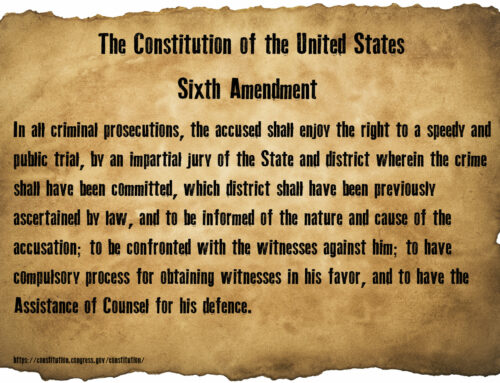The legal system can be complicated and confusing. One of the most significant distinctions in criminal law is whether a crime is classified as a misdemeanor or a felony. Knowing this will allow you to fully understand your charges and help you seek the appropriate legal counsel. In this blog post, we will explore and discuss the essential differences between a misdemeanor and a felony.
Severity of the Offense
One of the most critical factors in distinguishing a misdemeanor from a felony is the severity of the offense. A misdemeanor is a lesser offense than a felony. These crimes are considered less serious and carry lesser penalties. Some examples of misdemeanors include petty theft, DUI, disorderly conduct, and simple assault. In contrast, a felony is a much more severe offense and is considered a very serious crime. Felonies include crimes such as murder, arson, rape, grand theft, embezzlement, and kidnapping.
Penalties and Sentencing
A misdemeanor conviction carries a maximum penalty 364 days in county jail. Fines and probation are also common sentences for misdemeanors. On the other hand, a felony conviction often results in a sentence of a year or more in state or federal prison. Fines and probation are also common, but in the most serious offenses and for a person with criminal history, prison time may be the penalty.
Permanent Record
Misdemeanors, compared to a felony, do not typically lead to the loss of certain rights. Convictions will be on your record and can impact future employment or your ability to pass background checks. However, with a misdemeanor conviction relatively easier to deal with, you may be able to obtain professional licensing or secure employment again, especially if your lawyer is successful in getting your record sealed. In contrast, a felony conviction carries severe consequences. You will lose certain rights, such as the right to bear arms, the right to vote, and may never be able to run for public office. You may also be barred from being licensed in certain professions, limiting your future employment opportunities. However, it is important to keep in mind that for a misdemeanor domestic battery a person may lose his/her rights to bear arms, and the right to a jury trial does attach given the severity of the punishment associated with that offense.
Legal Representation
Regardless of your charges, it is essential to obtain quality legal representation. However, if you are facing felony charges, it is imperative that you seek a highly experienced attorney. Convictions can result in life-altering consequences, so ensure that you secure the best legal representation possible.
In conclusion, knowing the difference between a misdemeanor and a felony is critical to your defense and your future. If you have been charged with an offense, it is essential to hire an experienced criminal defense attorney. They can guide you through the process, protect your rights, and provide you with the best possible defense.
If you are looking for help with your case, give us a call for a free consultation or fill out our form and see how we can help.


